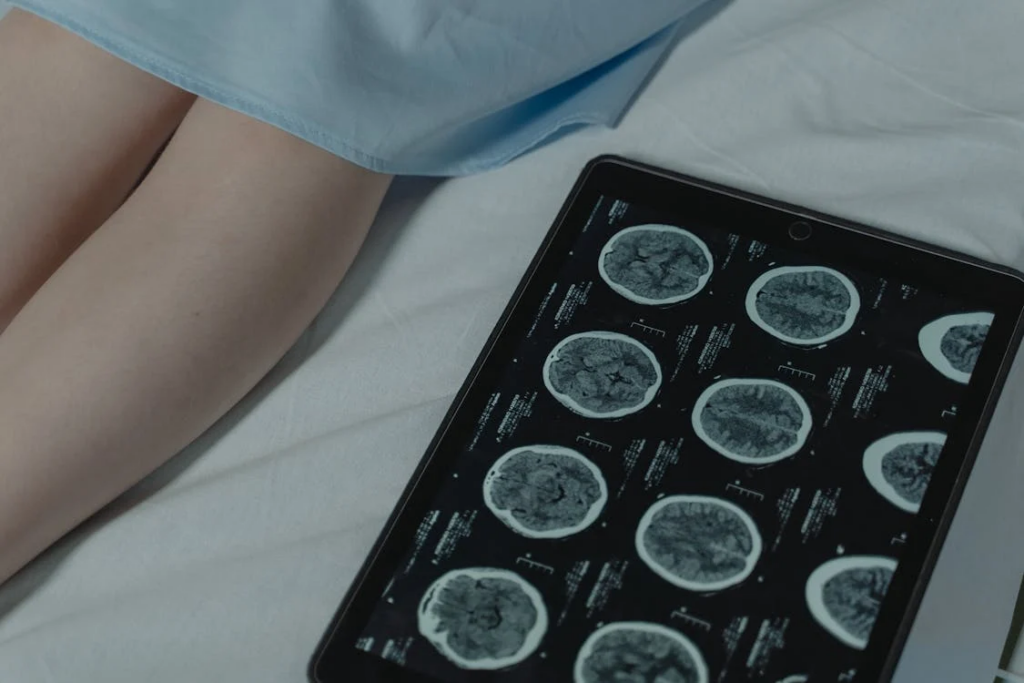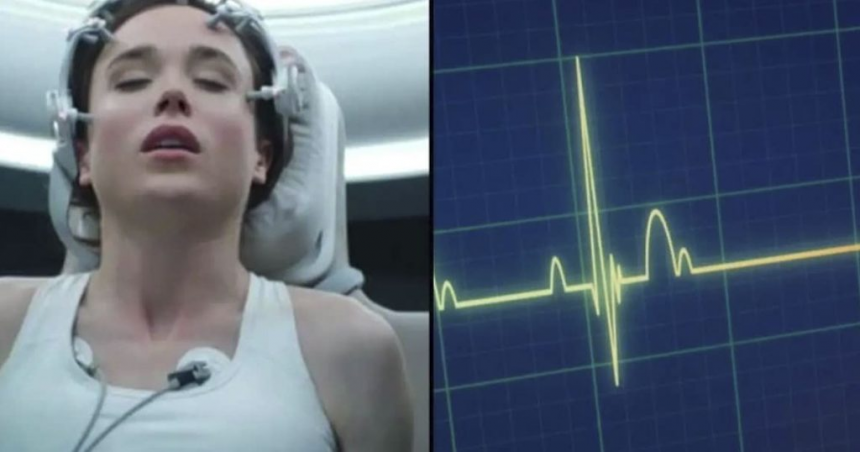Near-death experiences often lead to the phrase “my life flashed before my eyes,” hinting at a rapid life review. Recent research suggests that this phenomenon may have a neurological basis rather than being purely figurative. Scientists have, for the first time, captured brain activity during the dying process, offering insight into the brain’s activity at this critical moment.
Serendipitous Discovery

Initially intended to monitor brain waves in an 87-year-old patient for seizures, the study took an unexpected turn when the patient experienced a heart attack and passed away during the monitoring session. This fortuitous event allowed researchers to witness brain activity during the transition from life to death, offering a unique perspective on the process.
Activity During Death

Analysis of the recorded brain activity revealed distinct patterns, including an increase in gamma oscillations and slower brain waves like theta, delta, alpha, and beta around the time of death. These patterns resemble brain activity during dreaming, meditation, and memory recall, suggesting a final recall of significant life events before death akin to reported near-death experiences.
Implications and Challenges

The observed brain activity challenges existing ideas about the end of life and raises questions about the timing of organ donation. While the findings are intriguing, it’s crucial to recognize the study’s limitations, as it was based on a single case study involving a patient with preexisting brain injuries and abnormal brain activity.
Read More: 14 Conditions That Drastically Change Your Brain
Hopeful Insights

Despite its limitations, the study offers hopeful insights. The revelation that the brain may engage in positive memory recall during the dying process could bring comfort to bereaved families. Dr. Zemmar contemplates the potential impact of such insights on delivering difficult news to families of deceased patients.
Confirming Anecdotal Reports

This research aligns with anecdotal reports of life reviews during near-death experiences. Dr. Zemmar suggests that these experiences may involve brain responses similar to memory recall, offering patients a profound yet fleeting glimpse into their past.
Further Inquiry and Spiritual Dimensions

While opening avenues for further research, this study also highlights the mystical and spiritual facets of near-death experiences. Dr. Zemmar underscores the importance of these findings, emphasizing their profound implications for scientific exploration of transcendent phenomena.
This article originally appeared on The Premier Daily and has been republished here with permission.
Read More: Study Maps The Odd Structural Similarities Between The Human Brain And The Universe
Sources
- “First-ever recording of dying human brain reveals dreaming-like activity.” New Atlas. Michael Irving. February 21, 2022
- “Enhanced Interplay of Neuronal Coherence and Coupling in the Dying Human Brain.” Frontiers. Ajmal Zemmar. February 22, 2022
- “Brain scans on a dying man suggest his life flashed before his eyes, researchers say.” Insider. Anna Medaris. February 23, 2022
- “First Scan of the Dying Brain Reveals a ‘Last Recall’.” Technology Networks. February 22, 2022
- “‘My life flashed before my eyes’: a psychologist’s take on what might be happening.” The Conversation. Steve Taylor. June 10, 2021
- “Life may actually flash before your eyes on death – new study.” BBC News. Holly Honderich. February 23, 2022.






